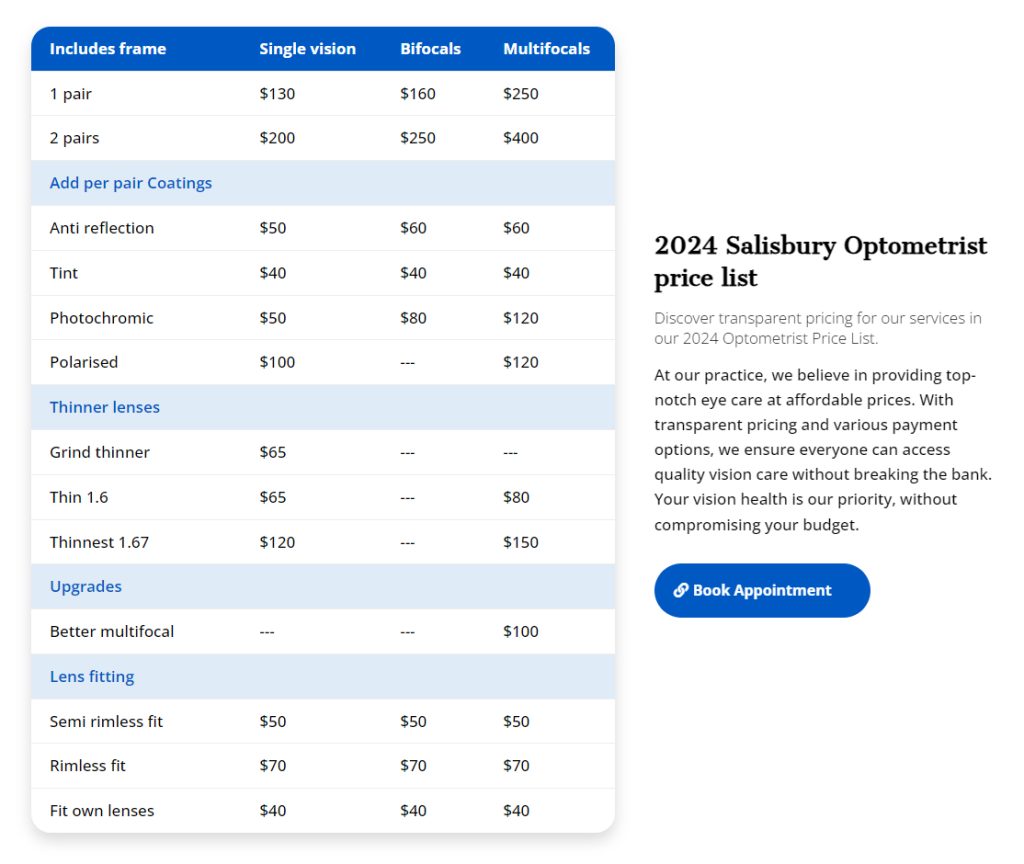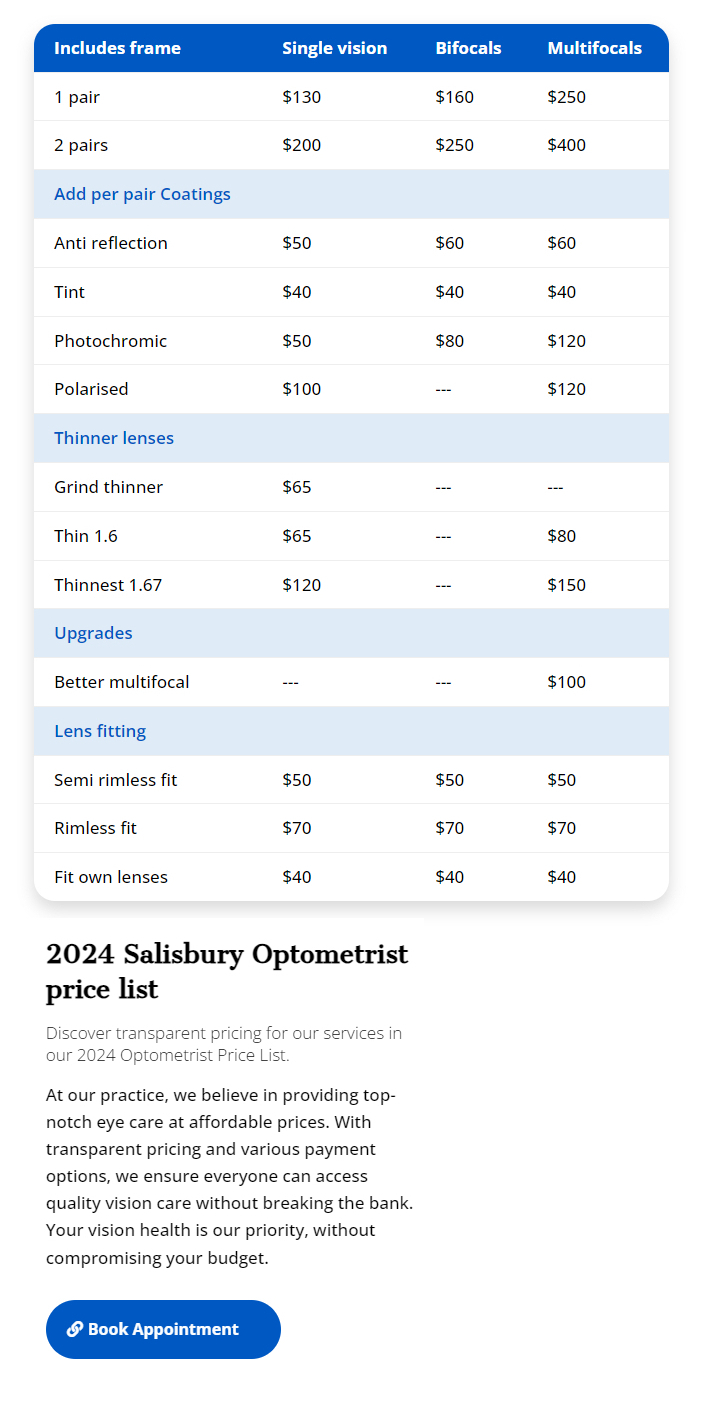Eye health is crucial to our overall well-being and quality of life. Our eyes are the primary means of perceiving and interpreting the world around us. Any issues with our vision or eye health can significantly impact our ability to perform daily tasks, work, and engage with others. Out of all our five senses, we make the most use of our sense of light. We use the organ so much that we often overlook how important it is. In our everyday life, our eyes experience exposure to several factors that affect our eyesight. In today’s high-tech world, most of us use digital devices that strain our eyes for hours. Sometimes, our environment or lifestyle can damage the accuracy of our eyesight.
Maintaining sound eye health involves a range of practices, including regular eye exams, proper nutrition and hydration, adequate rest, and protection from environmental factors such as UV rays and blue light from electronic devices. It also enables early detection and treatment of eye conditions or diseases, such as cataracts, glaucoma, macular degeneration, and diabetic retinopathy.
Good eye health is vital as we age, as the risk of certain eye conditions and diseases increases. By prioritizing our eye health, we can preserve our vision and support our overall physical and mental health and well-being. Whatever the issue is, we must regularly schedule an eye test appointment immediately. An optometry appointment is equally necessary as a general health checkup for your eye health.
7 Signs You Need An Eye Exam Appointment
- Blurred vision: If you are experiencing a blurred or fuzzy vision, it may be a sign that you need an eye exam. Blurred vision can indicate various vision problems, such as nearsightedness, farsightedness, or astigmatism.
2. Difficulty seeing at night: If you are having difficulty seeing in low light conditions or at night, it may be a sign of an underlying eye condition, such as cataracts or night blindness.
3. Eye strain: If you experience eye strain, headaches, or fatigue after reading, using a computer, or doing other close-up work, it may be a sign that you need an eye exam.
4. Eye redness, swelling, or discharge: If you are experiencing redness, swelling, or discharge from your eyes, it may indicate an eye infection or other eye condition that requires treatment.
5. Floaters or flashes: If you see floaters or flashes of light in your vision, it might be an indication of a retinal detachment or tear requiring immediate medical attention.
6. Changes in color vision: If you are experiencing changes in your color vision, such as difficulty distinguishing between specific colors, it may indicate an underlying eye condition, such as color blindness or cataracts.
7. Family history of Optical Diseases: If you have a family history of eye disease, such as glaucoma or macular degeneration, it is recommended that you get regular eye exams to monitor your eye health and detect any potential issues early on.
After a thorough eye examination test, your doctor will determine the treatment process and which eyeglasses are best for you, including bifocal glasses, thin glasses, progressive lenses, and progressive glasses, among others.
Why Do You Need Eye Test Appointments?
Eye test appointments are essential for maintaining good eye health and early identification of potential issues or diseases. Here we mention a few reasons why you need eye test appointments:
Detecting vision problems: An eye test can detect any vision problems you may have, such as nearsightedness, farsightedness, or astigmatism. Early detection of vision problems can help prevent the worsening of the condition and improve your vision.
Identifying eye diseases: Eye tests can also identify common eye diseases, such as glaucoma, cataracts, macular degeneration, and diabetic retinopathy. Early detection and treatment of these conditions can prevent vision loss and save your eyesight.
Monitoring existing eye conditions: If you have an existing eye condition, regular eye tests can monitor the condition and detect any changes in your vision or eye health.
Evaluating overall health: Eye tests can also reveal certain health conditions that may not have obvious symptoms, such as high blood pressure or diabetes.
Updating your eyeglass or contact lens prescription: If you wear glasses or contact lenses, regular eye tests are necessary to ensure your prescription is up to date and your vision is optimized. Routine eye test appointment is crucial for maintaining good eye health, preventing vision loss, and identifying potential health issues. As per professional recommendations, adults get comprehensive eye tests every one to two years or as their eye doctor recommends.
Final Takeaways
Regular eye examinations are crucial for maintaining good eye health, preventing vision loss, and identifying potential health issues. Eye doctors recommend that adults must opt for a comprehensive eye exam once or twice every year. By scheduling regular eye examinations, you can ensure that your eyes remain healthy and your vision is at its best. You can consult the medical experts at Salisbury Optometrist to get further insights into the matter.




0 Comments